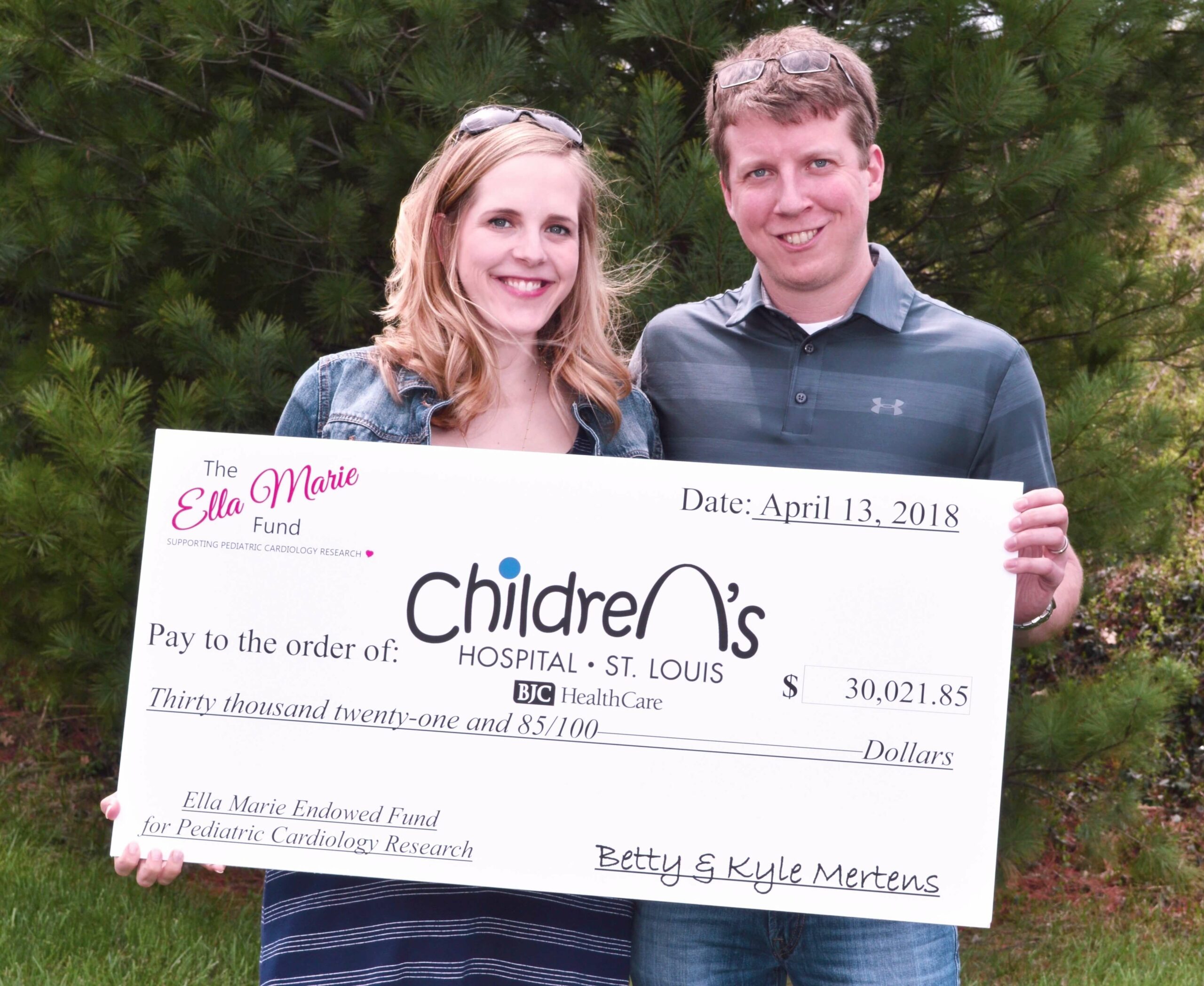
Funding Pediatric Heart Research
Where it All Started
When Ella passed away on May 15, 2017, we were shocked and devastated. Out of a desire to keep other families from experiencing the same heartbreak, we established the Ella Marie Endowment Fund at St. Louis Children’s Hospital, supporting pediatric cardiology research.
In the subsequent years, the endowment fund has continued to grow through annual trivia nights hosted around Ella’s birthday every year. The success of these fundraising events is what led to the establishment of the nonprofit, Ella’s Umbrella. Our vision is to continue her legacy by providing knowledge, resources and tools to save children’s lives and bring hope and healing to their families.
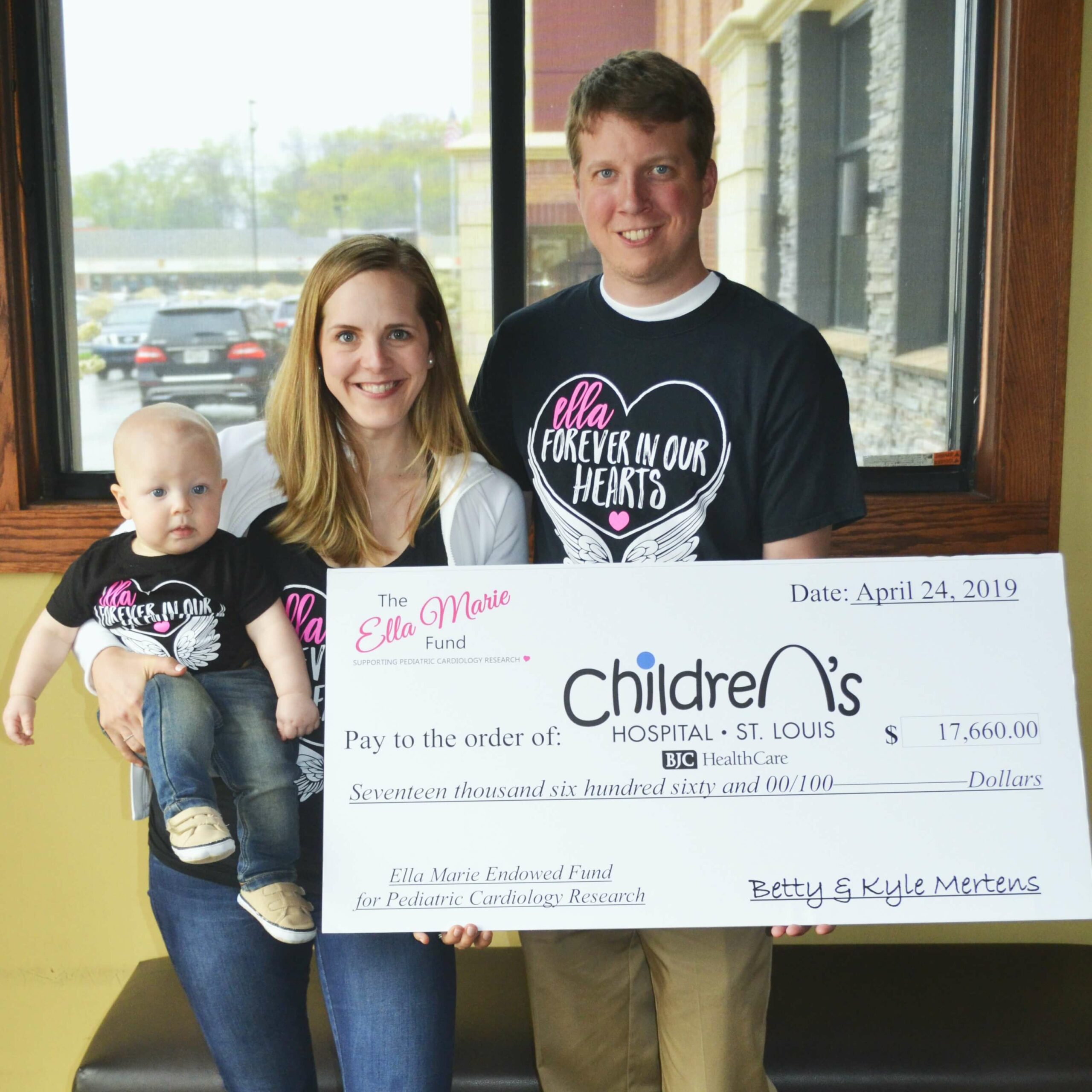

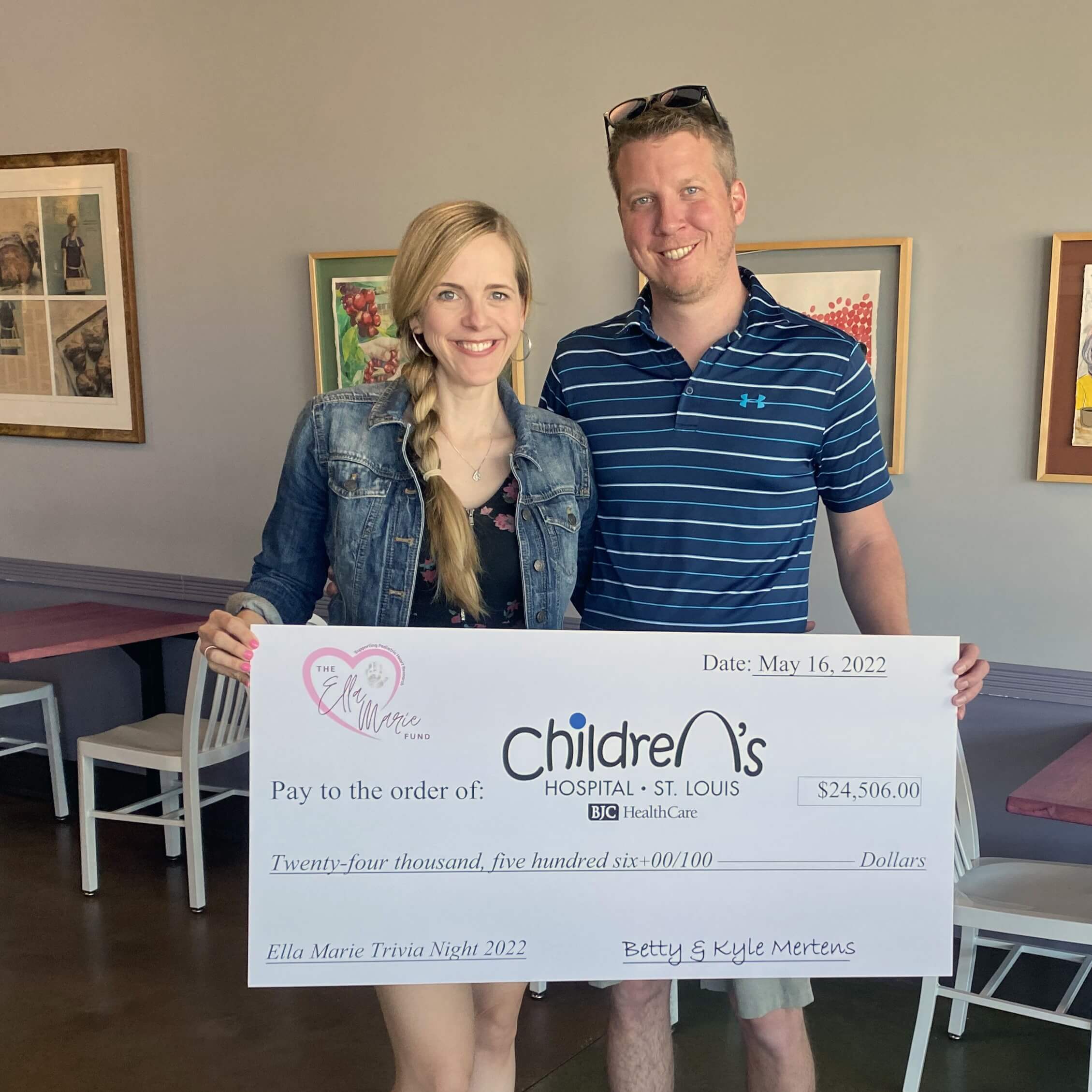
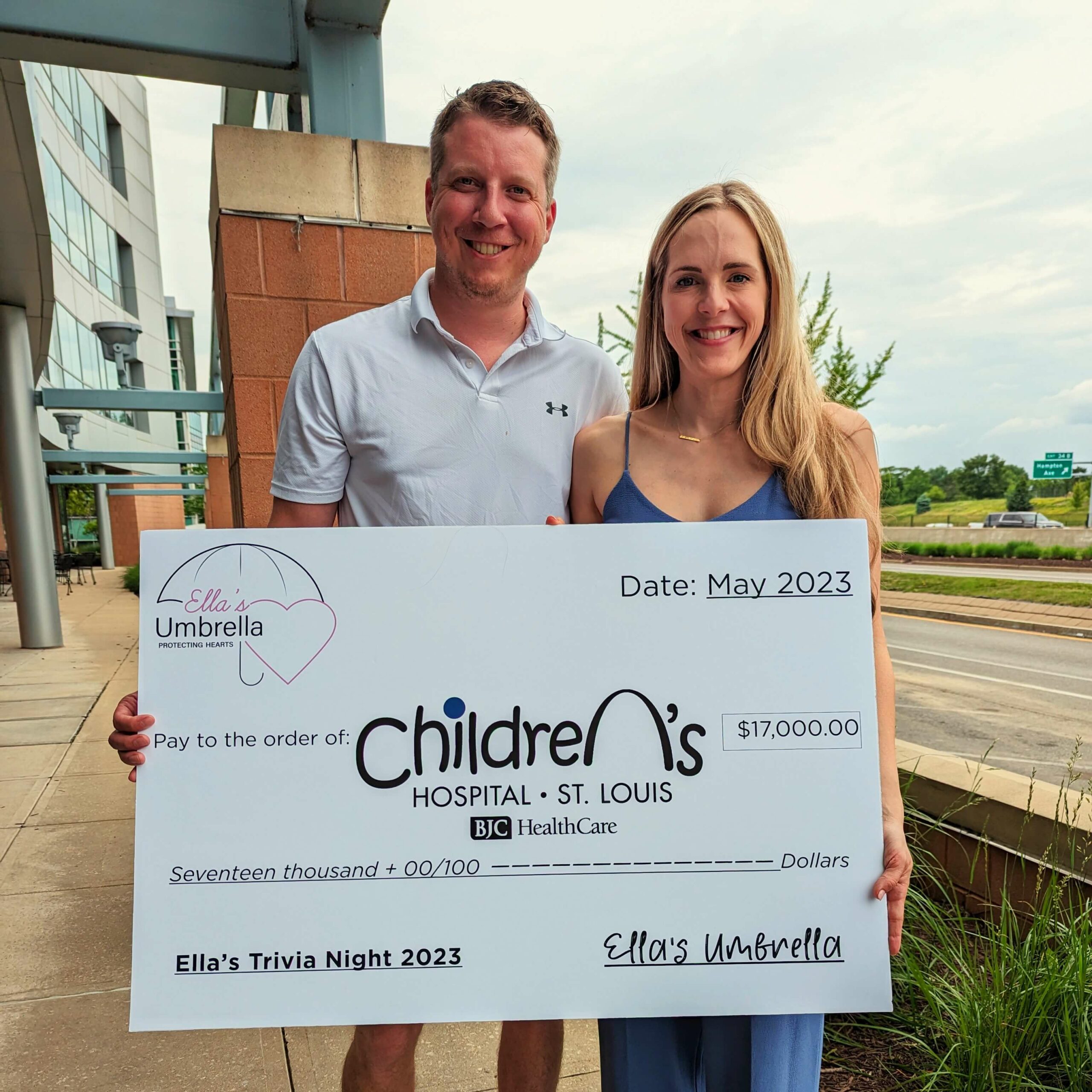
Making Personalized Progress in Heart Disease
With her passing, Ella made her own gift. Her heart tissue was donated for research now underway by Kory Lavine, MD, PhD, a cardiologist and researcher at the Children’s Discovery Institute, a partnership of St. Louis Children’s Hospital and Washington University.
“Ella’s tissue donation is huge,” Dr. Lavine says. “By studying tissue, we can see the heart muscle and learn why the person develops heart failure and why it progresses. There is no other way to actually study the disease so thoroughly. The mutation Ella had has been a significant part of our research project.”
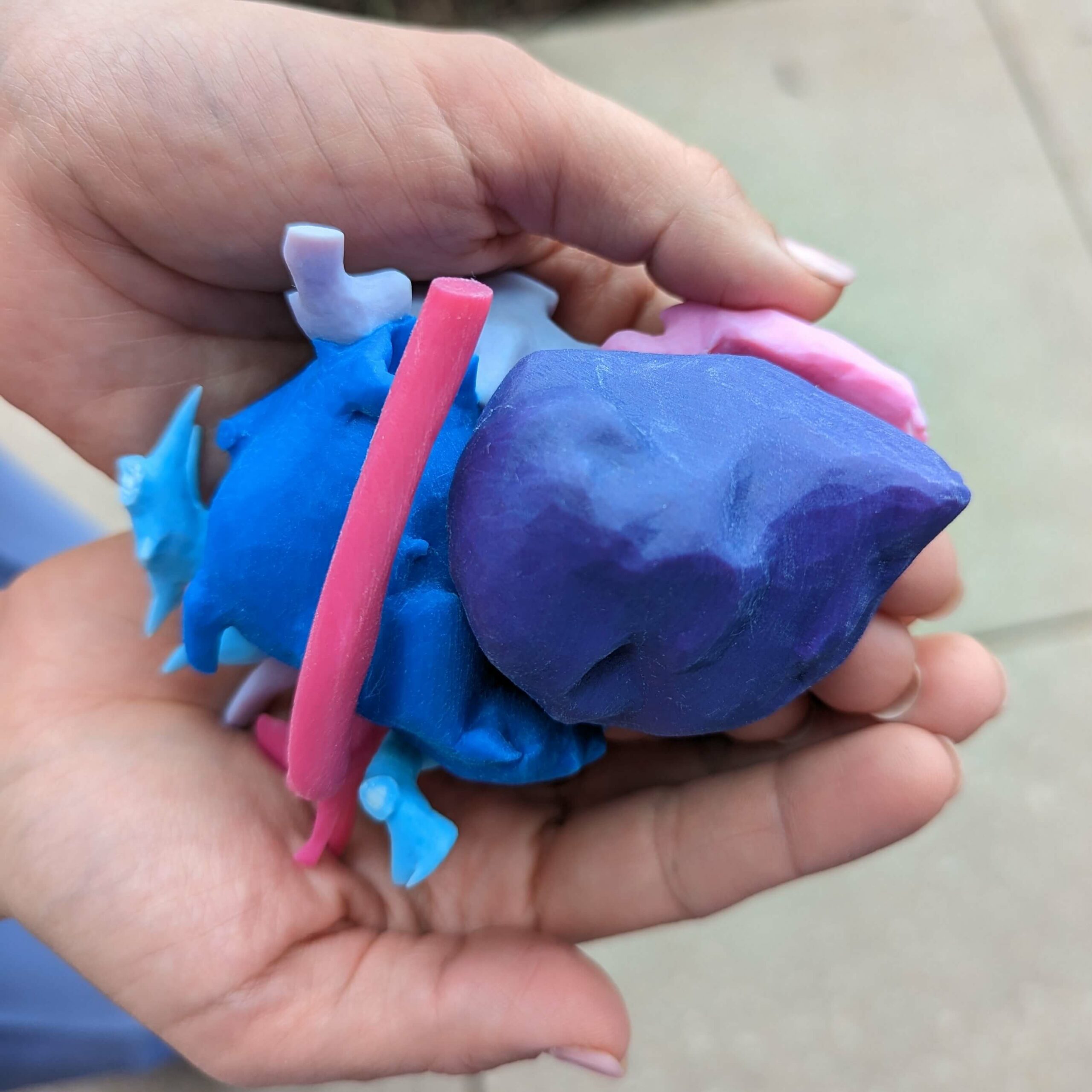
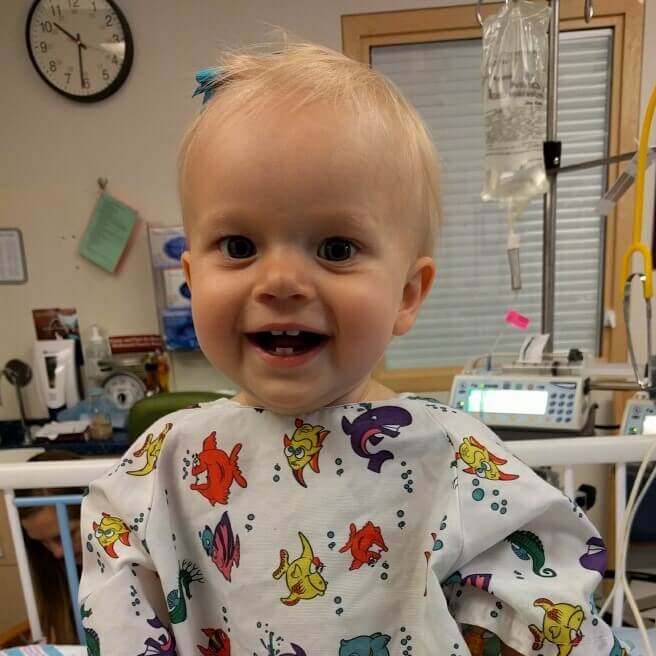
A Brighter Future for Children with Genetic Heart Defects
Dr. Lavine’s research, which is partially funded by the Ella Marie Endowment, has the ultimate goal of learning why heart failure develops and how to best treat it individually based on each person’s unique genetics.
Dr. Lavine recognized gaps in knowledge that were ripe for research. “Rather than lumping all patients with heart failure together and treating them the same, we will take a more personalized approach to why that person has heart failure in the first place. This precision therapy is the future of treatment.”
Dr. Lavine says more than 40percent of patients with dilated cardiomyopathy have identifiable genetic mutations that affect how the heart muscle contracts. Each mutation ultimately points to a specific, individual reason for heart failure. “Kids have the biggest need to identify diagnostic and therapeutic approaches to treat the cause of their heart failure,” Dr. Lavine says.
Because standard heart failure medications for adults aren’t effective in children, he and his research team are collaborating to identify drugs that will target those mutations for heart failure in pediatric patients. “We want to develop a therapy that is specific to the patient’s individual mutation,” he says. “That will mean so much to families like the Mertens.”
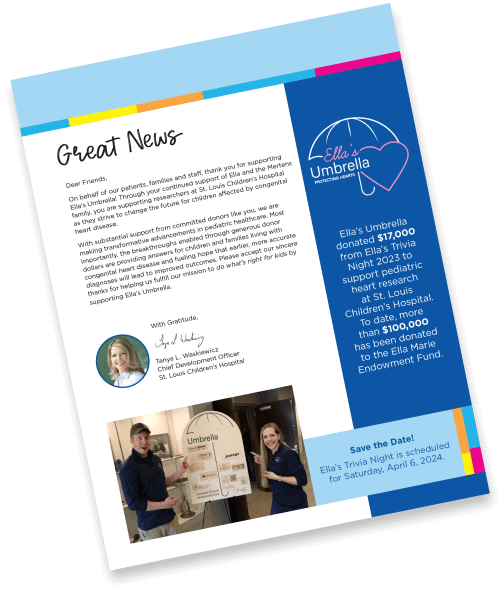
Download Our Great Newsletters
Interested In Learning More?
Find Highlights From Previous Years In Our Great Newsletters.
2019 • 2021
